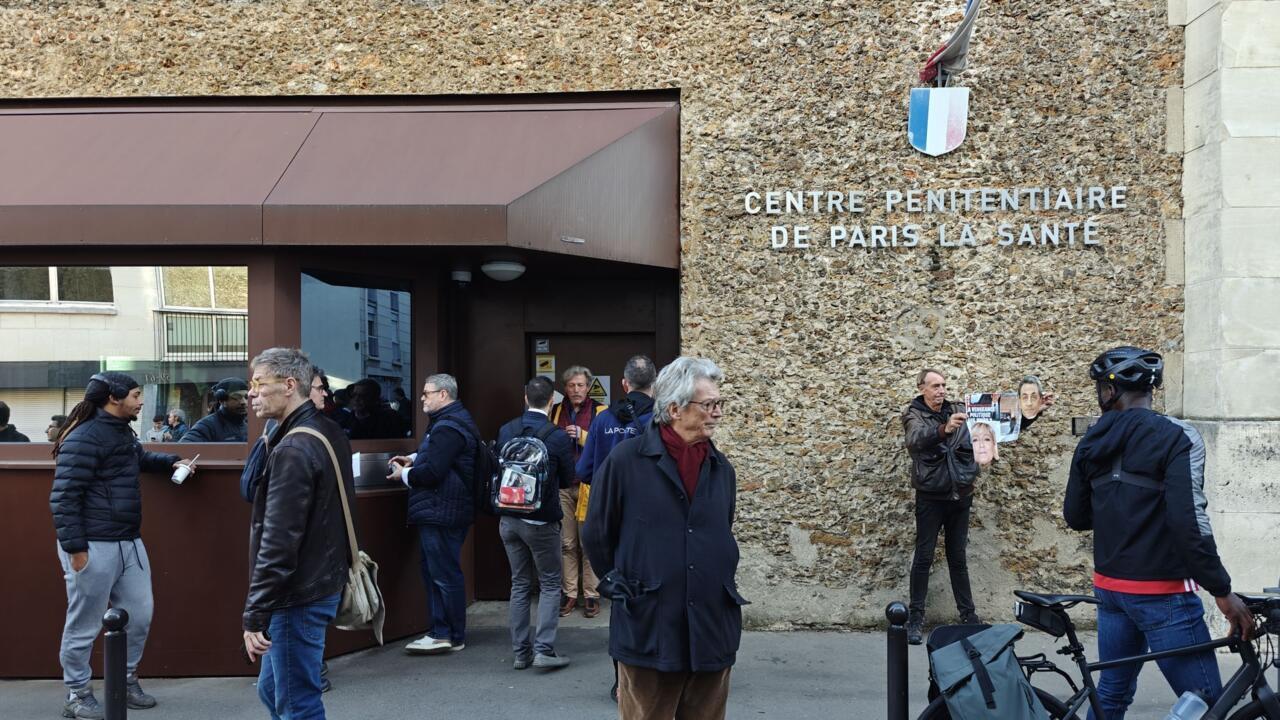Skip to content
Nicolas Sarkozy


Former French President Nicolas Sarkozy has been released from prison after spending less than three weeks behind bars, following a conviction in his campaign-finance scandal tied to alleged Libyan funding.
His release comes under strict judicial supervision while he prepares his appeal. (Al Jazeera)
Background: The conviction and sentence
Sarkozy, who served as President of France from 2007 to 2012, was found guilty on 25 September 2025 of criminal conspiracy in connection with efforts to secure funds from Libya for his 2007 presidential campaign. (Wikipedia)
As part of that conviction, he was sentenced to five years in prison plus a €100,000 fine. (Wikipedia)
He began serving the sentence on 21 October 2025 at the prison of La Santé Prison in Paris. (OCCRP)
The early prison experience
During his incarceration, Sarkozy was reportedly held in the isolation wing of La Santé, with limited daily exercise and stringent conditions. (The Star)
Speaking from prison via videolink in his release hearing, he described the experience as “very hard”, “gruelling” and “a nightmare”.(The Star)
Release after fewer than three weeks
On 10 November 2025, a Paris appeals court granted Sarkozy a conditional release, less than three weeks into his five-year sentence. (Al Jazeera)
The court ruled that he did not present a flight risk or an immediate danger to the integrity of the justice process, making detention pending appeal unnecessary in its view. (Financial Times)
He returned home to western Paris shortly after the court decision. (CBS News)
Conditions of his release
While free, Sarkozy remains under strict judicial supervision. Key conditions include:
-
A ban on leaving French territory. (Al Jazeera)
-
A prohibition on contacting certain individuals involved in the case, including justice-ministry officials, co-defendants or witnesses. (The Star)
-
An upcoming appeal trial scheduled for the spring, in which his lawyers intend to seek overturning of the verdict. (France 24)
Significance and broader implications
-
Sarkozy’s incarceration marked a historic moment: he became the first former French head of state in the post-war period to enter prison. (The Star)
-
His early release underscores the French legal principle that detention pending appeal should be the exception rather than the rule. (ITVX)
-
The case continues to stir debate around political accountability, privilege and the role of the judiciary in holding senior officials to account.
-
Despite release, the conviction remains on his record unless overturned on appeal, and he is still subject to other ongoing legal proceedings (for example, separate investigations into his 2012 re-election campaign financing). (The National)
Sarkozy’s position & next steps
Sarkozy has consistently denied wrongdoing, maintaining that he never requested Libyan leader Muammar Gaddafi’s money for his 2007 campaign and declaring he will “never confess to something I didn’t do”. (PBS)
He has said his focus is now on the appeal process and restoring his name. (The Star)
His legal team is preparing for the appeal trial, and he remains formally under investigation in a separate case over alleged witness-tampering connected to the Libyan financing affair. (OCCRP)
What to watch
-
Appeal outcome: The appeal, likely in spring 2026, will determine whether his conviction stands, is overturned, or modified.
-
Other legal cases: His status in other investigations (2012 campaign financing, witness tampering) may further affect his legal and public standing.
-
Political future: Although out of detention, the conviction and its reputational impact may influence his role in public life or any political ambitions.
-
Public perception and precedent: How this case is viewed in France might affect how future cases involving top officials are handled, especially around remand, detention conditions, and the rule of law in high-profile prosecutions.
In summary, while Nicolas Sarkozy has been temporarily released from prison after only three weeks, he remains under judicial supervision and faces a significant legal battle ahead.
His case is both a personal crisis and a landmark moment for French politics and justice.




